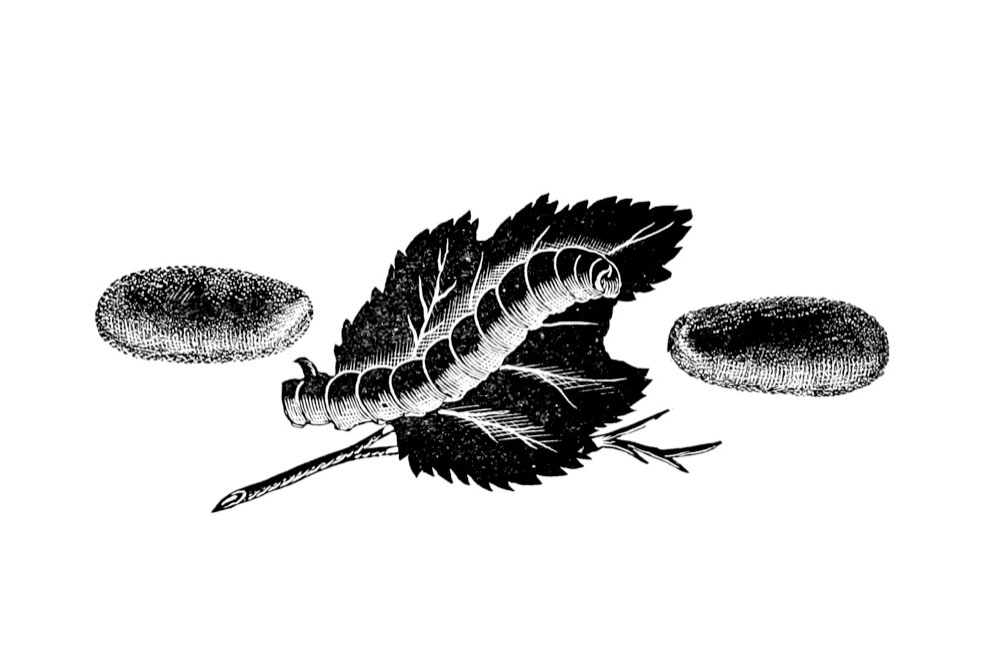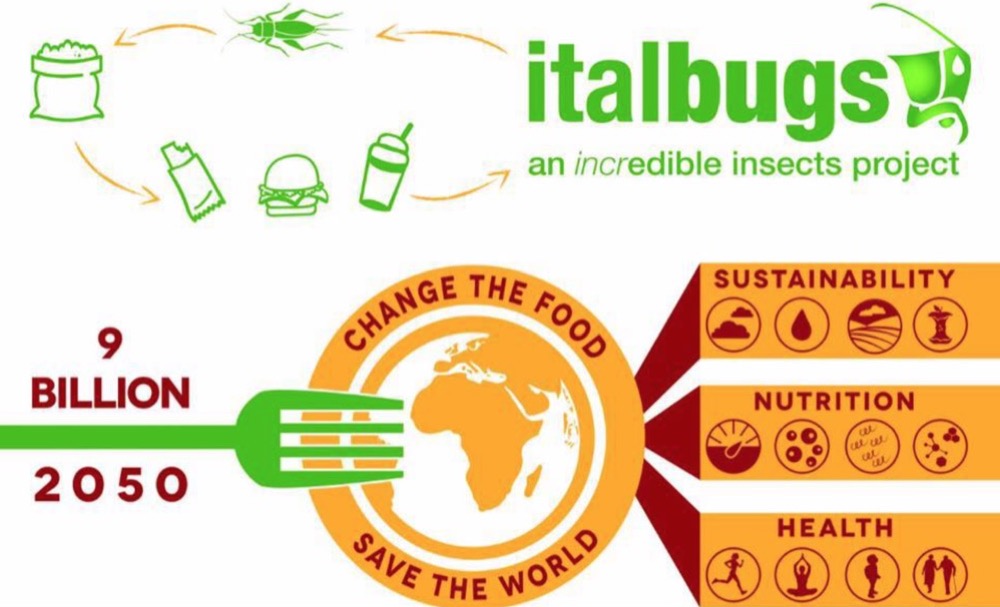
©Italbugs
Interview about Insect Proteins with Marco Ceriani : CEO of Italbugs and Food Scientist
Can you Introduce yourself and your background?
I am Italbugs founder and a Food Technologist. I have always worked on sports food for professional athletes of cycling, alpine skiing, triathlon, boxing and more… My research is about functional foods. I also wrote several books about nutrition.
How has the food culture developed in you so strongly?
I am Italian, and Italy, as everyone knows, is the country of food and good food. My idea of food is that it is made of protein, amino acids, fast and slow carbohydrates, essential fatty acids, antioxidants and many vitamins. The food must be good, natural and rich in positive ingredients. The first nutraceutical, for example, was yogurt, a healthy and natural product.
Insects are arthropods, “earth shrimp”. Insects are a new food and a new ingredient: the rules of food technology (cold, drying, boiling) and gourmet foods must be applied, eliminating non-edible parts (head, legs, wings). It’s important to cook them with the rules of a high-tech chef: putting a cricket on pizza is not gastronomy but only porn food!
Can you tell us a bit more about your relationship with insects, and especially how you came to the idea to develop Italbugs ?
In 2006 I was in Bangkok as the president of the Italian Muay Thai team for the World Championship, and during a lunch with athletes, I saw some Thai fighters eating insects. I asked why and I immediately was answered: “Because they are good!”
So I started studying insects as food, talking to FAO people and Thai Universities. I wrote a book and created the Italbugs “incrEdible insects project”.
In 2015, during Expo Milan, we also organized a worldwide insect meeting researchers from all over Europe and Thailand. We learned a lot from science…
Can you tell us about Italbugs-Xdutch Research and Development latest projects and achievements?
Italbugs has started with a project of completely natural sustainable dietary supplements, based on functional ingredients such as maca, red raspberry and spices. Of course they contain many insect-safe proteins. Xdutch has been on sale for a few months and has yet to be known by the market and athletes.
In Italy we are working hard on silkworms — soon other products will come. But it’s too early to talk about it now.
What are the big important trends coming for you in nutrition in terms of sustainability and innovation in the food industry?
Insects are the great challenge for a new and sustainable European and North American market. They have many proteins and low environmental impact. They are eaten by 2 billion people in 50 countries around the world. This information comes from the UN, not from me.
Next year in Europe it will be possible to sell insect food products and it will be a big challenge: Italbugs is ready!
New sustainable foods are also algae and small fish. I think also about artificial meat, but there’s still a lot to do in the labs.
What are the biggest challenges of the future for companies in the food industry? What will be yours with Italbugs?
The big challenge is to be able to give food to 9 billion people. With today’s intensive livestock (cows, pigs, chickens and fish) this is not sustainable and it is not possible. “Change the food, Save the World” is Italbugs slogan.
The food industries are today focused on foods “without” (gluten, lactose, soy, eggs, etc.), but the real challenge will soon be the use of sustainable, good and secure ingredients. Insects and algae are ingredients that have these features, and they will soon arrive in our burgers and flours for bakery products (bread, biscuits, etc.).
The food industry problem is not the consumer disgust for insects, but the low quantities produced today. In 2018, with the new law on Novel Foods, things will change and there will be many more insect production and many more insects in European consumer dishes.





